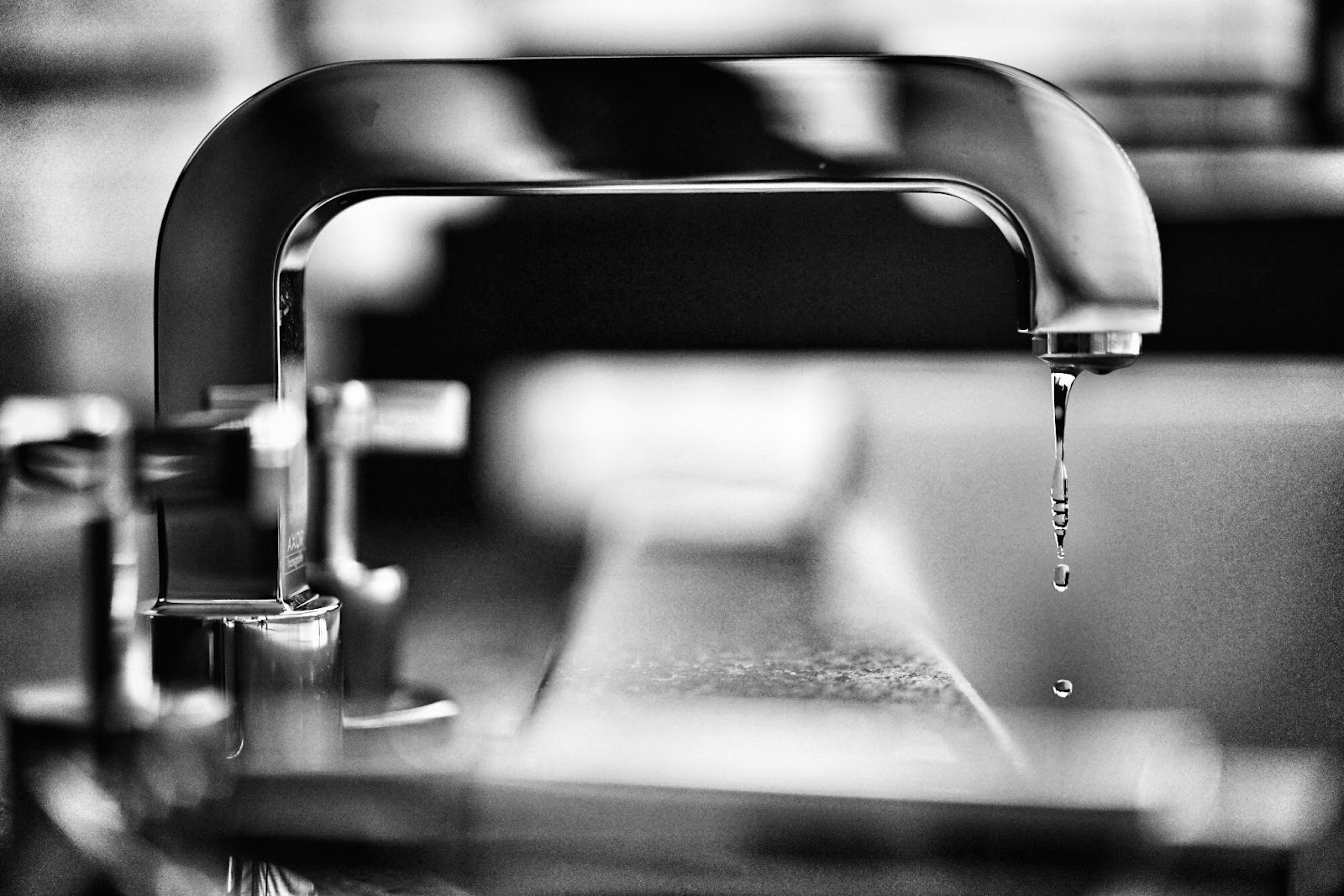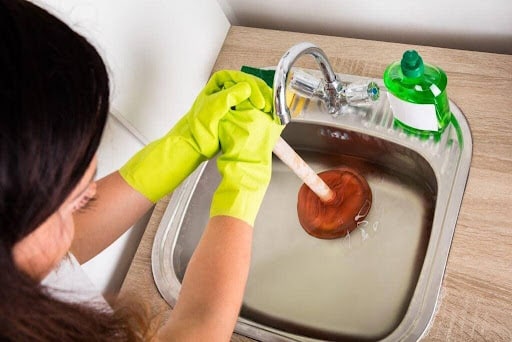Commercial real estate is an extensive ecosystem, a web of businesses that depend heavily on its functionality. Among the many threads of this web, plumbing plays a significant role.
Plumbing systems in commercial properties are the backbone of operations, influencing everything from the day-to-day operations of businesses to the overall value of the property. Ignoring the maintenance needs of commercial plumbing is not an option for vigilant property managers.
Table of Contents
The Cornerstone of Operations
Plumbing in a commercial setting is a far cry from its residential counterpart. These systems are intricate, requiring a meticulous approach to their upkeep.
Regular maintenance schedules and prompt repairs prevent catastrophic breakdowns. When commercial buildings face unexpected plumbing issues, the implications can be severe, leading businesses to weather expensive damages and service disruptions.
Thoughtful planning and preparedness form the foundation for maintaining these intricate systems. This includes having a comprehensive emergency response plan, knowing which professionals to call, and equipping the building with the necessary tools for minor plumbing repair work.
Possessing concise diagrams of the building’s plumbing layout can ensure rapid response times during emergencies, facilitating the reduction of potential damage.
For example, commercial properties in specific locations may encounter unique challenges that require specialized solutions. Owners can benefit from exploring local resources, such as septic services in Miami, for tailored approaches to regional plumbing needs.
Utilizing such expertise can help address area-specific complications effectively, ensuring that plumbing solutions are both efficient and context-aware.
Importance of Routine Inspections
One effective way to avert potential havoc is through regular inspections. These check-ups can detect potential leaks, assess water pressure, and even highlight weaknesses in the system that might lead to future failures.
Periodic examinations help ensure challenges are tackled before they escalate, offering peace of mind to landlords and tenants alike.
Incorporating a systematic history-tracking approach can be immensely beneficial. Keeping detailed records of past inspections, repairs, and upgrades helps outline patterns, predict potential issues, and implement preventive measures.
Using data from previous maintenance can help fine-tune the inspection schedules, allocate resources more efficiently, and ensure preparedness ahead of expected problems.
Common Challenges Faced
Commercial plumbing systems encounter numerous challenges, from wear and tear to unexpected malfunctions due to the high volume of use.
Issues vary from clogged drains to faulty water heaters and fluctuating pressure levels. Addressing these promptly is non-negotiable if building managers aim to maintain tenant satisfaction and uphold property value.
Dealing with these frequent challenges demands that property managers foster strong relationships with trusted plumbing professionals. Building an understanding of typical issues that arise with specific types of plumbing setups or those unique to particular commercial properties can optimize repairs.
A proactive approach to maintenance can also alleviate frequent headaches, preserving harmony within the tenant community.
Technology and Its Avenues
While plumbing may conjure images of traditional handiwork, contemporary solutions offer new ways to tackle age-old problems. Advanced sensors and intelligent monitoring systems now allow property managers to detect issues with unparalleled precision.
These innovations reduce the time between problem detection and resolution, minimizing the disruption faced by businesses.
Carbon Footprint Considerations
Another impetus for maintaining a robust plumbing strategy is sustainability. Eco-friendly alternatives, from low-flow fixtures to efficient drainage systems, can drastically reduce water consumption, decreasing utility costs while projecting an image of a responsible and forward-thinking property.
A commitment to green alternatives in commercial plumbing is a step toward sustainability goals endorsed by many businesses.
Value Addition and Risk Management
In commercial real estate, a well-maintained plumbing system is synonymous with risk management. A proactive approach prevents not only immediate damage but also potential legal liabilities linked to dissatisfaction or health concerns from tenants.
Moreover, property appraisal values significantly benefit when plumbing systems are carefully monitored and maintained, especially in potential sales or leasing negotiations.
The integration of water conservation measures can also serve as a compelling selling point when marketing properties to environmentally conscious clients.
In a project proposal or business pitch, highlighting green initiatives within the property’s plumbing systems can create a positive impression. Showcase your dedication to sustainable living and present an added value to tenants who prioritize environmental responsibility.
Final Thoughts
The often-overlooked aspects of plumbing maintenance can have severe repercussions if not handled diligently. For property managers and building owners, a commitment to plumbing maintenance is not merely a need but a strategic imperative.
Whether contemplating seamless daily operations or mindful of a property’s environmental footprint, attention to plumbing systems is imperative. Robust maintenance regimes and embracing new technologies will ensure that the vast and complex machinery of commercial real estate continues to hold strong.





